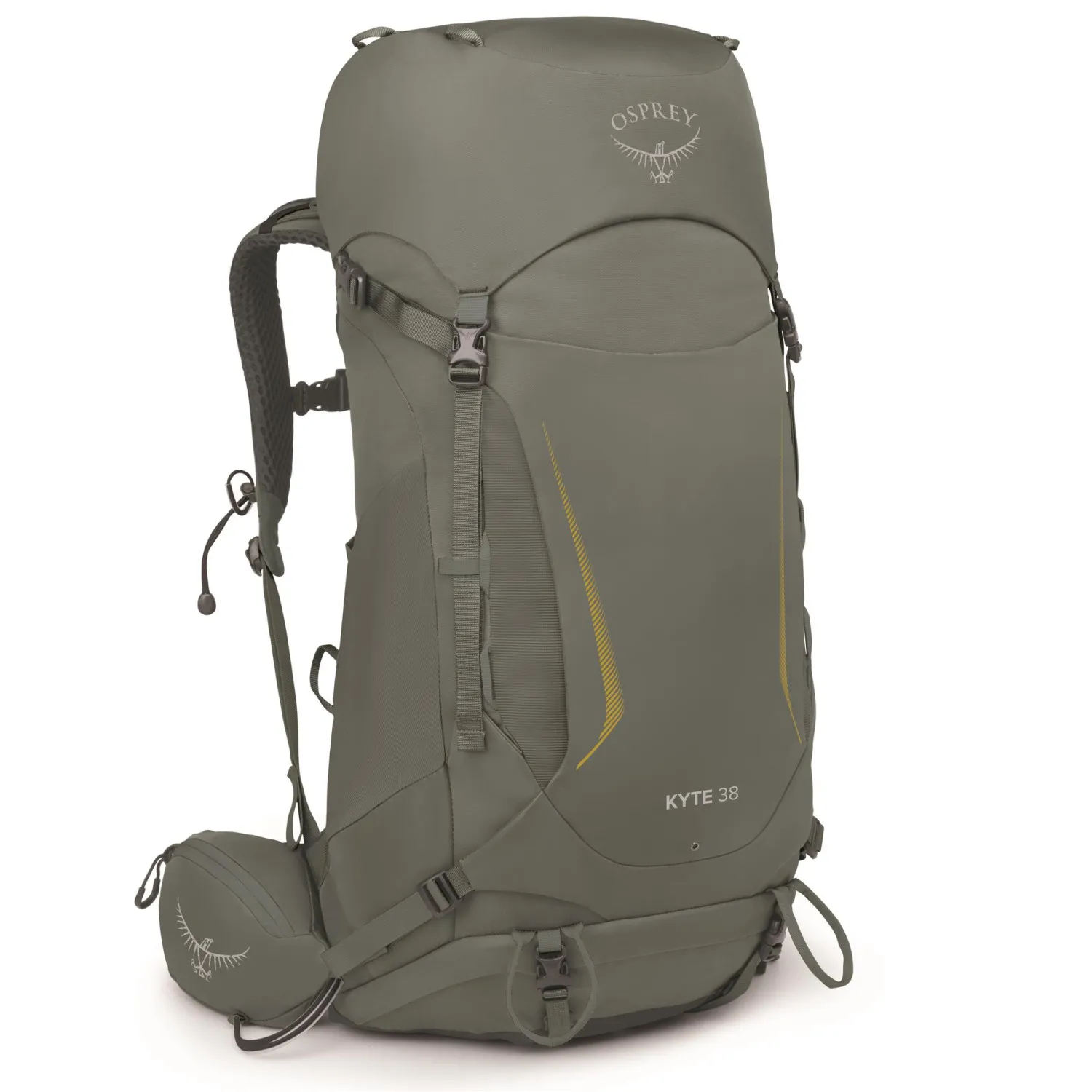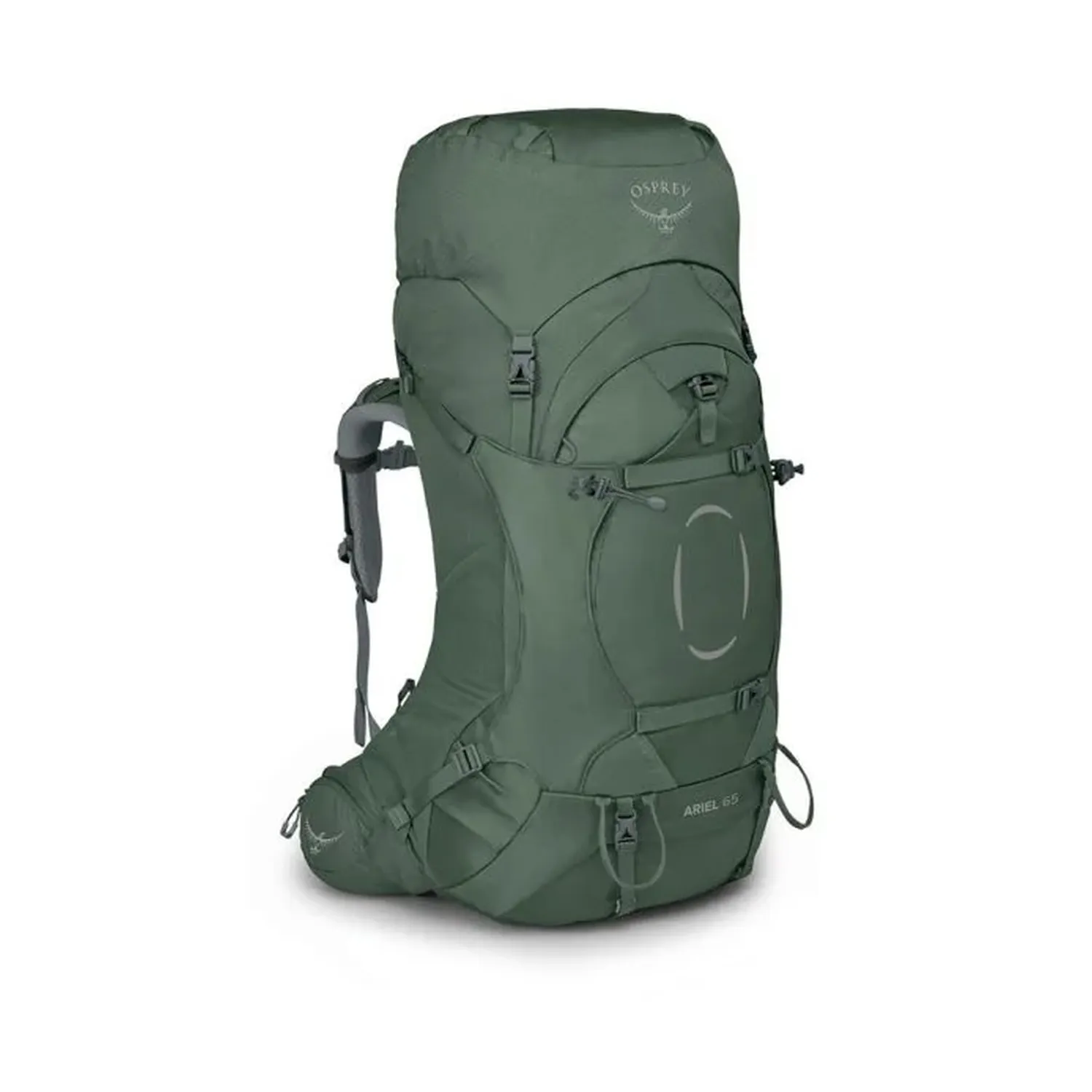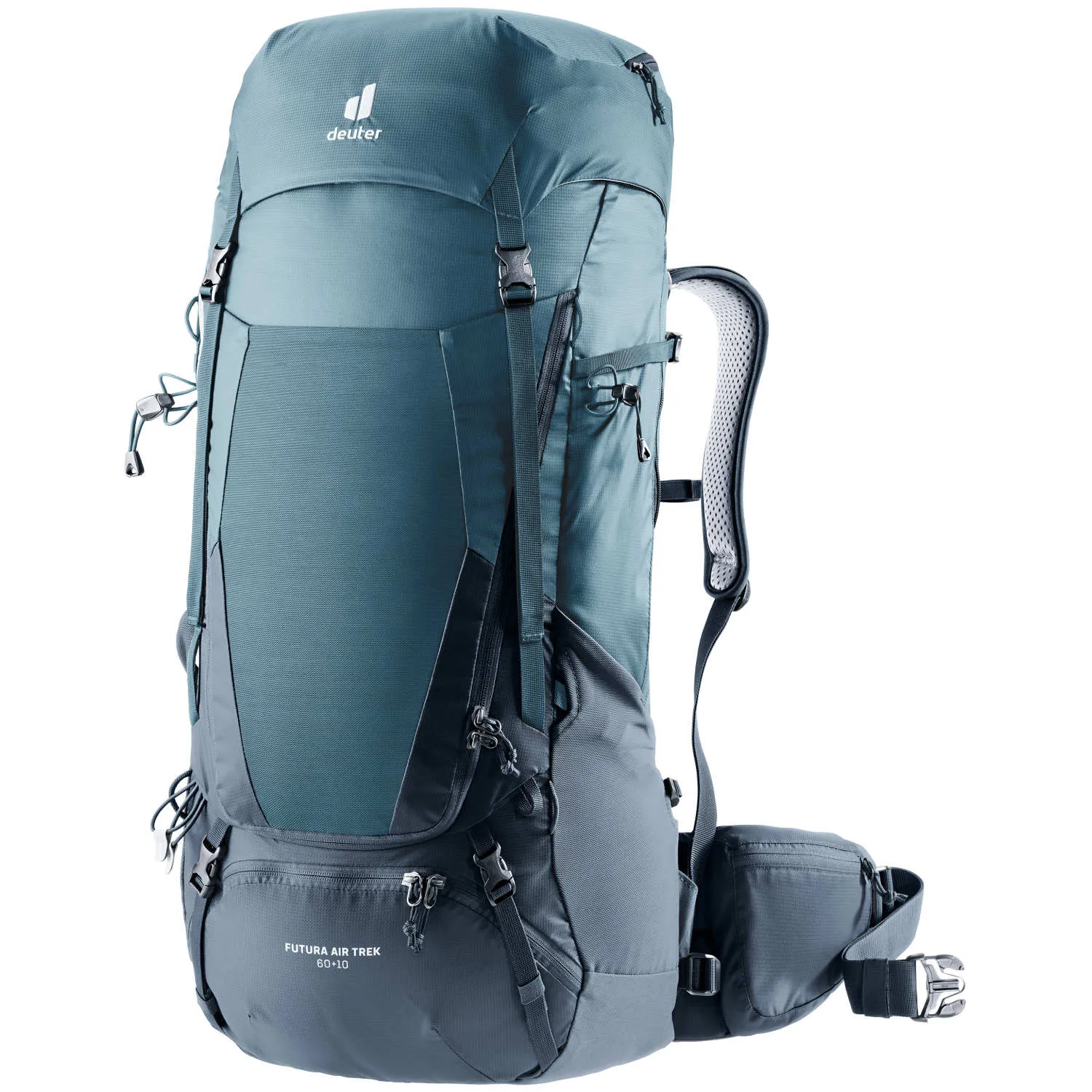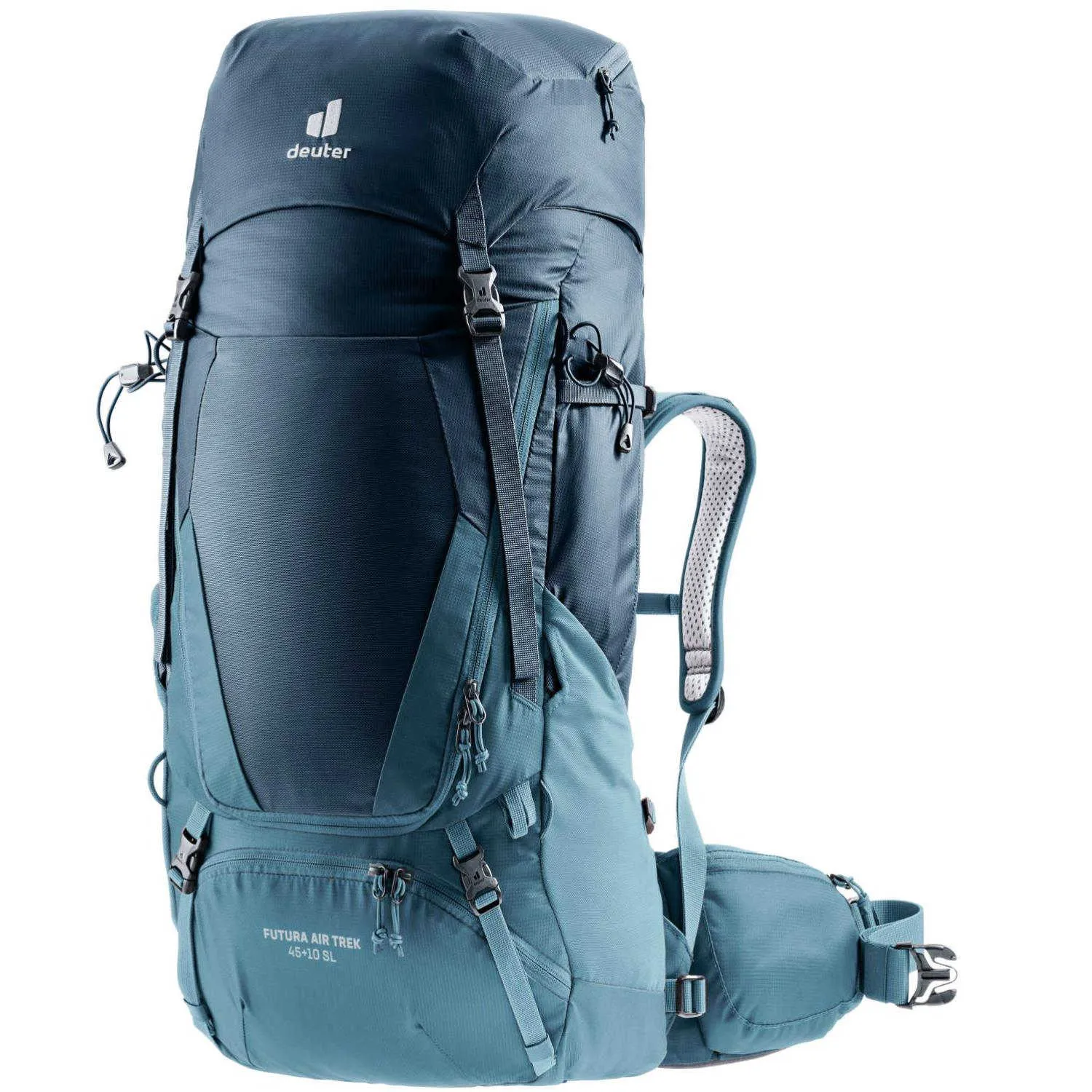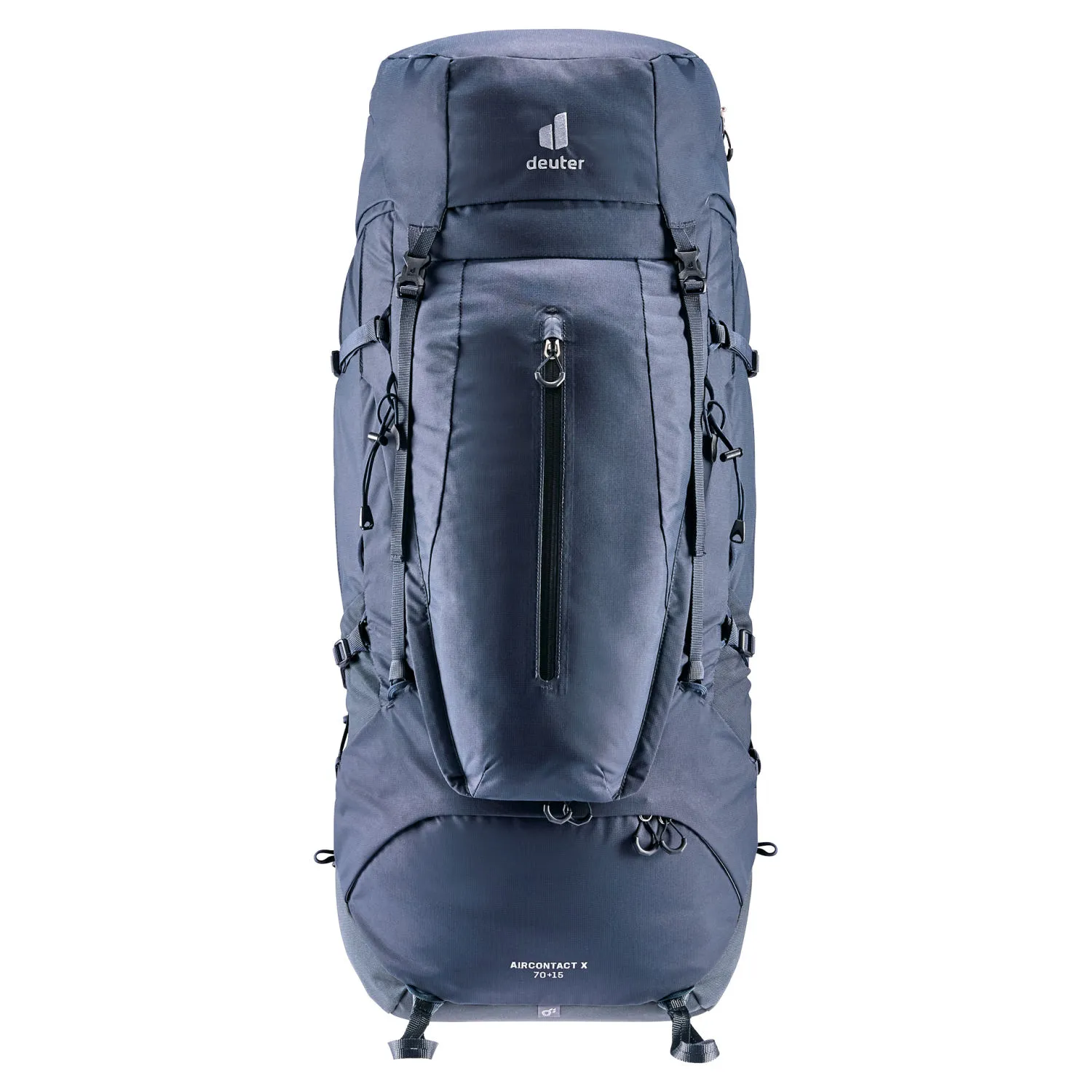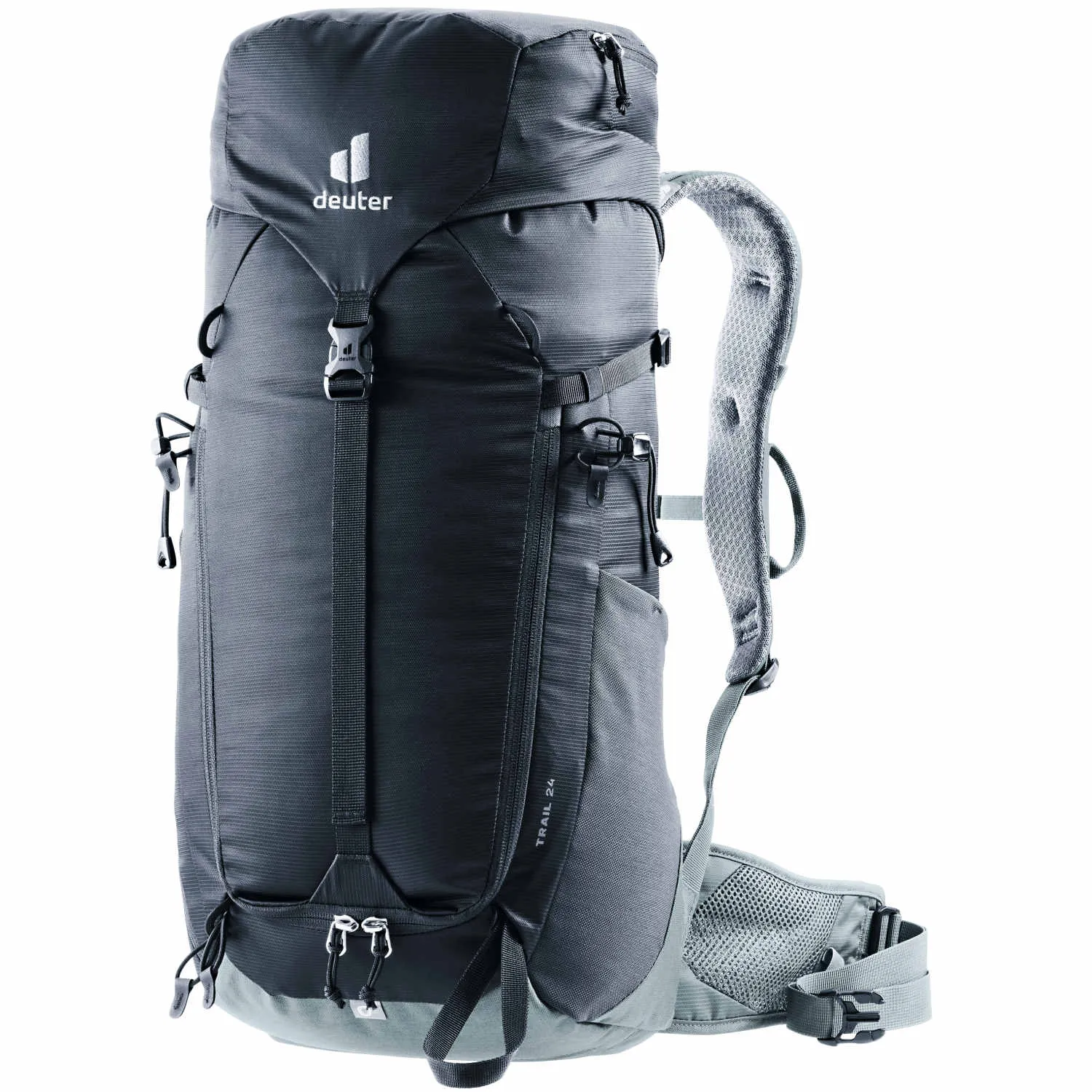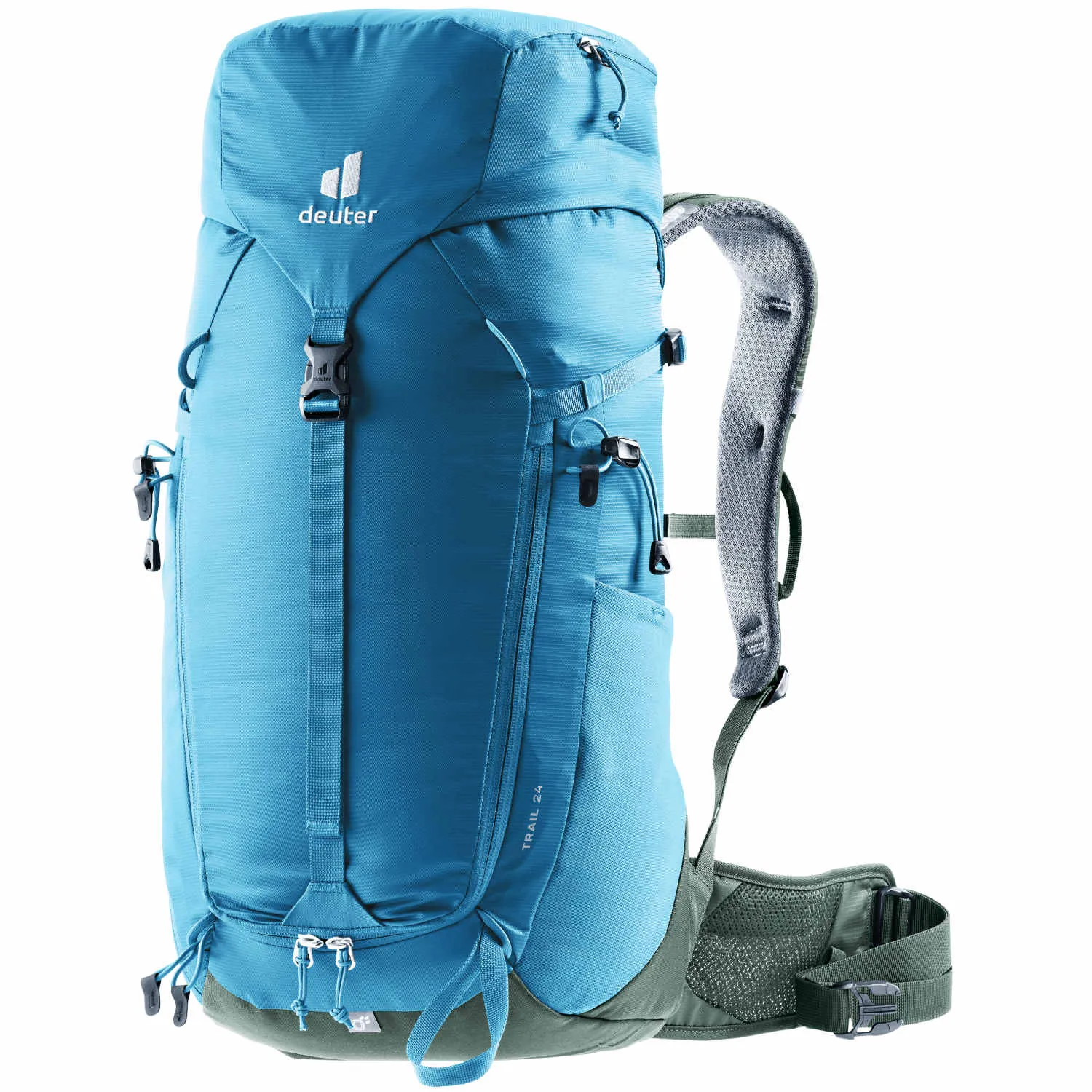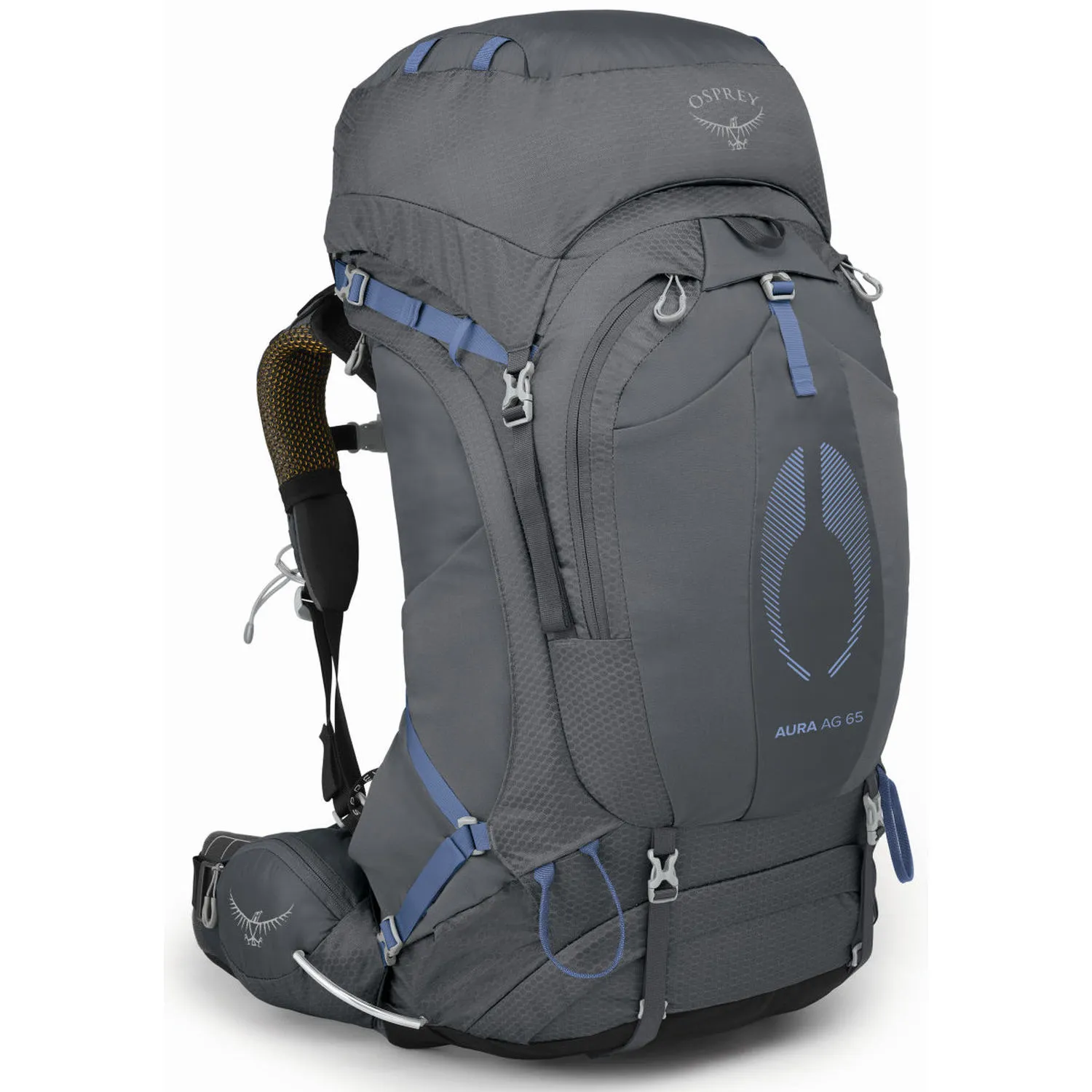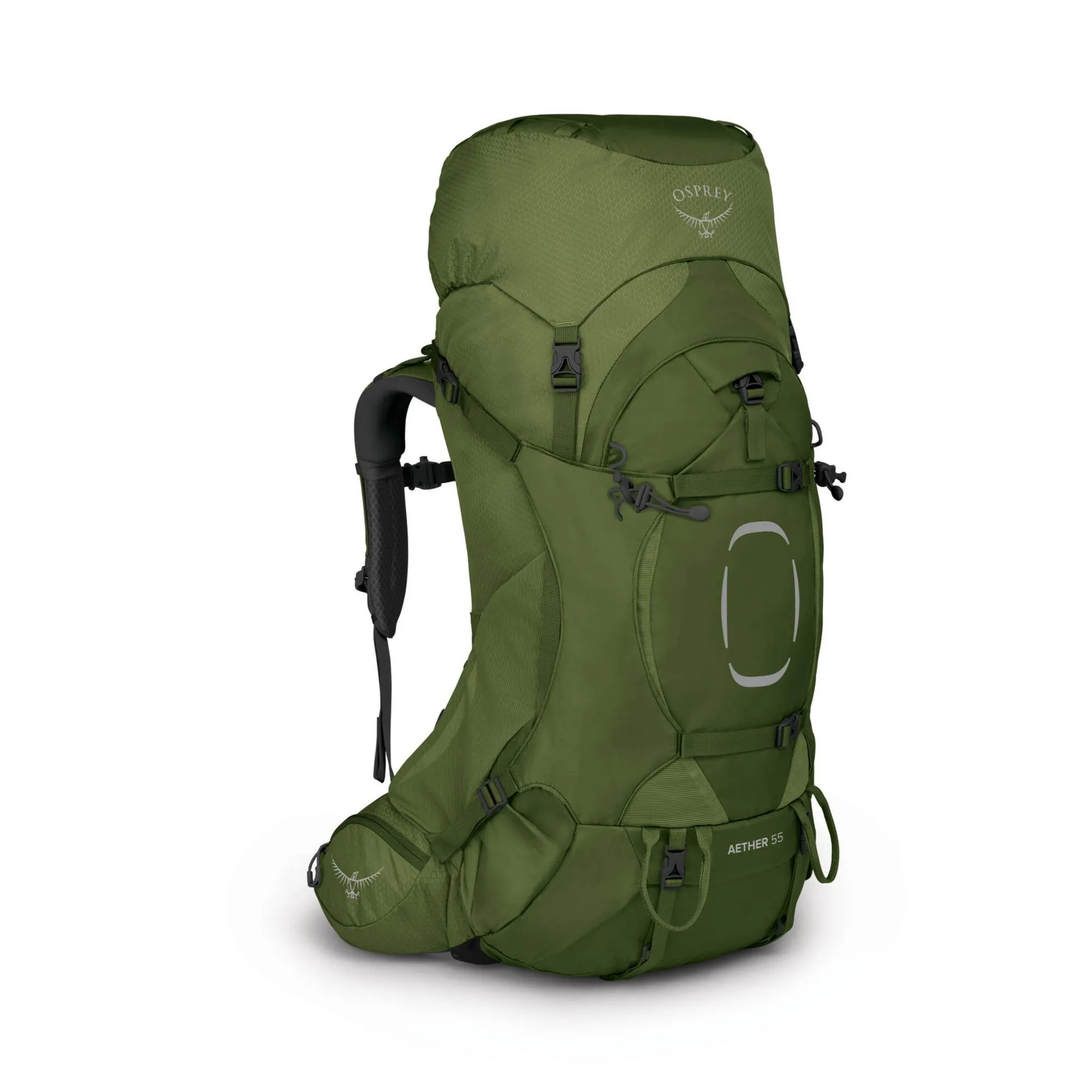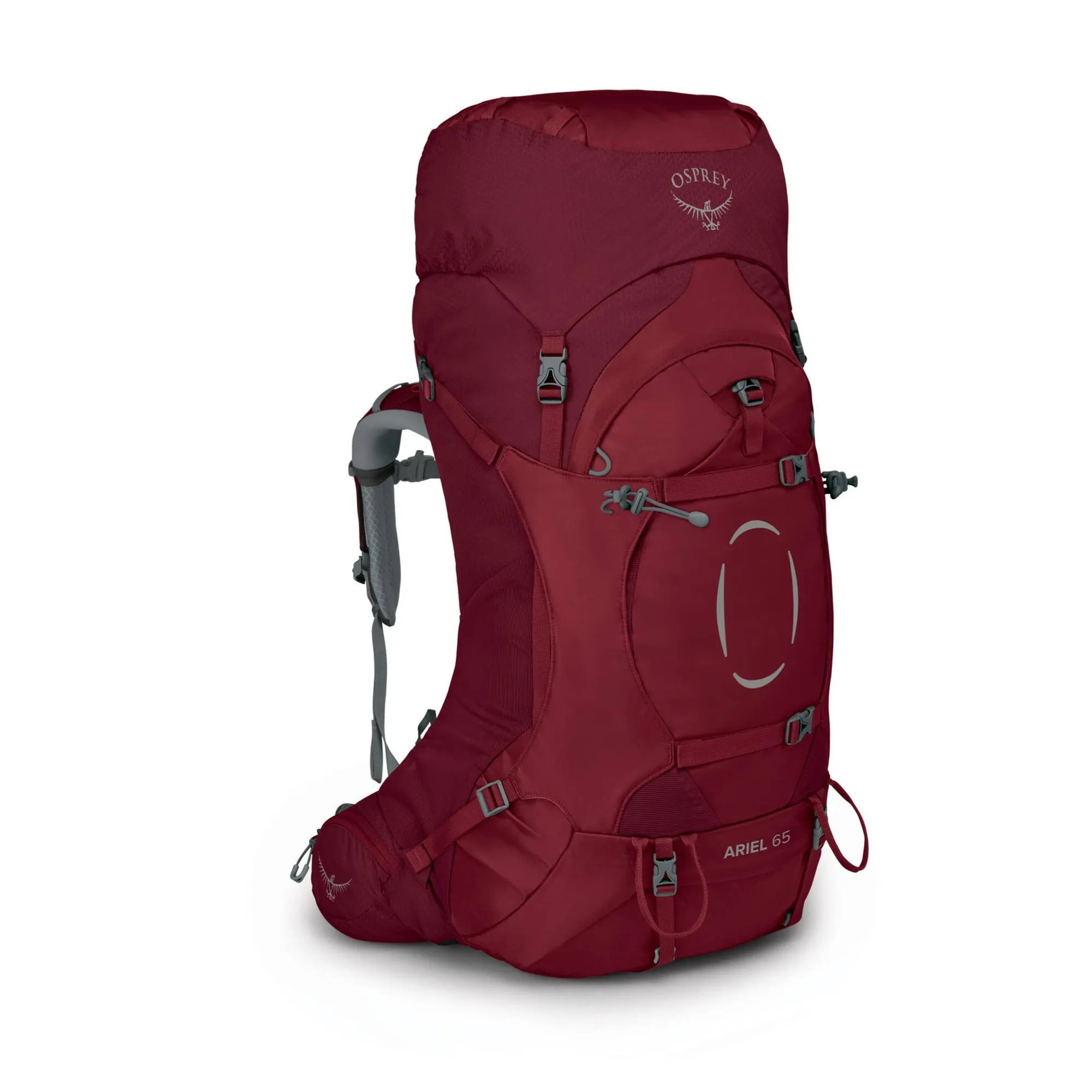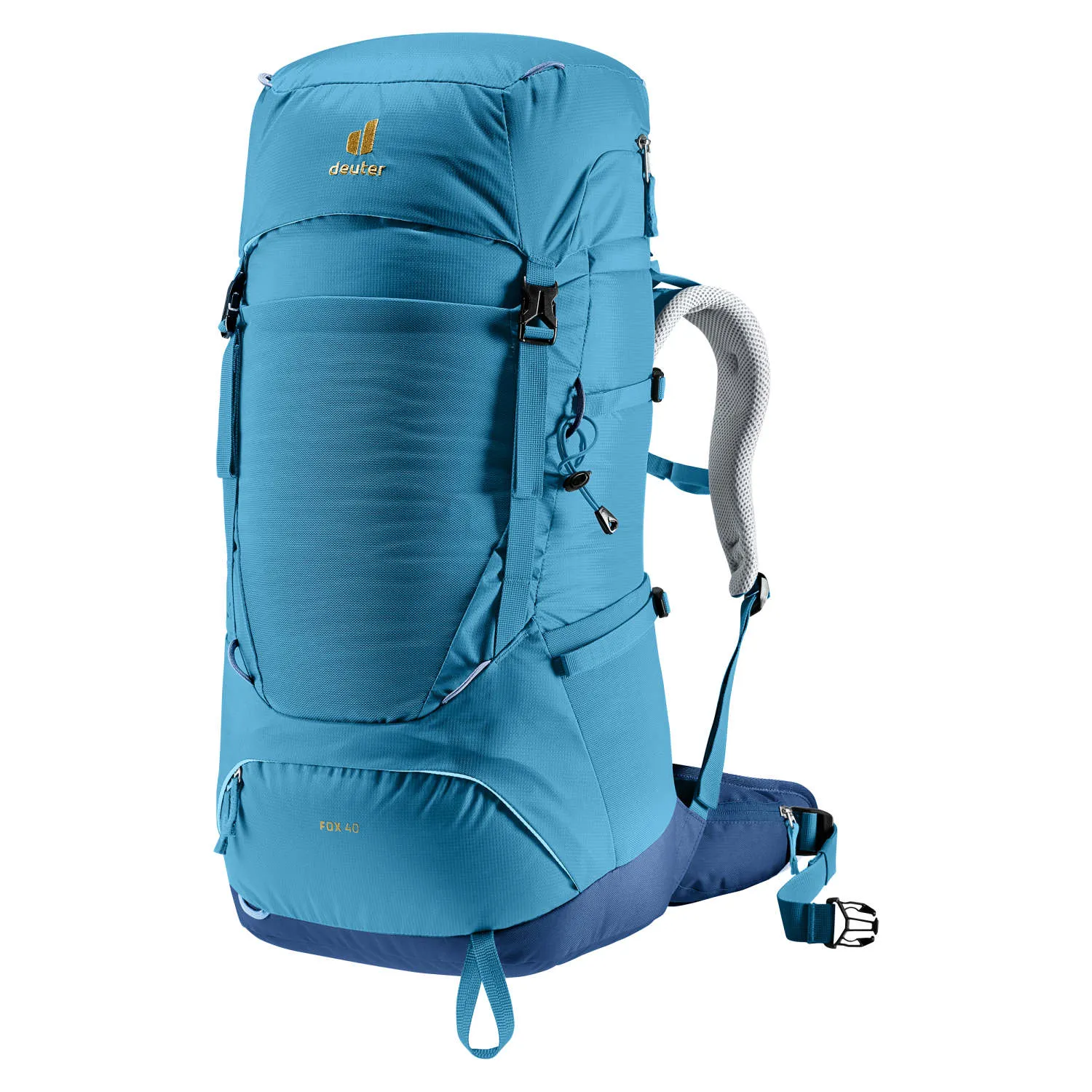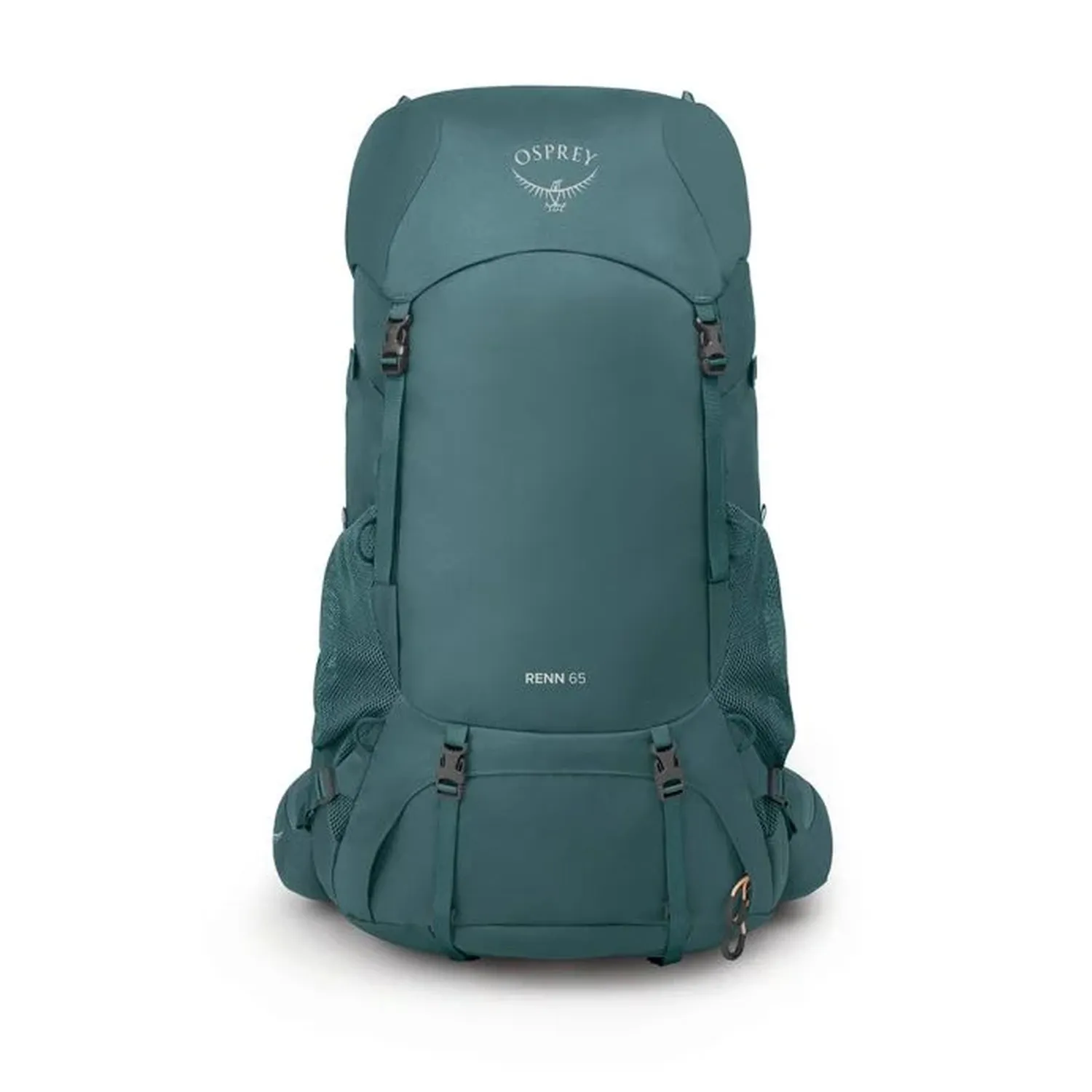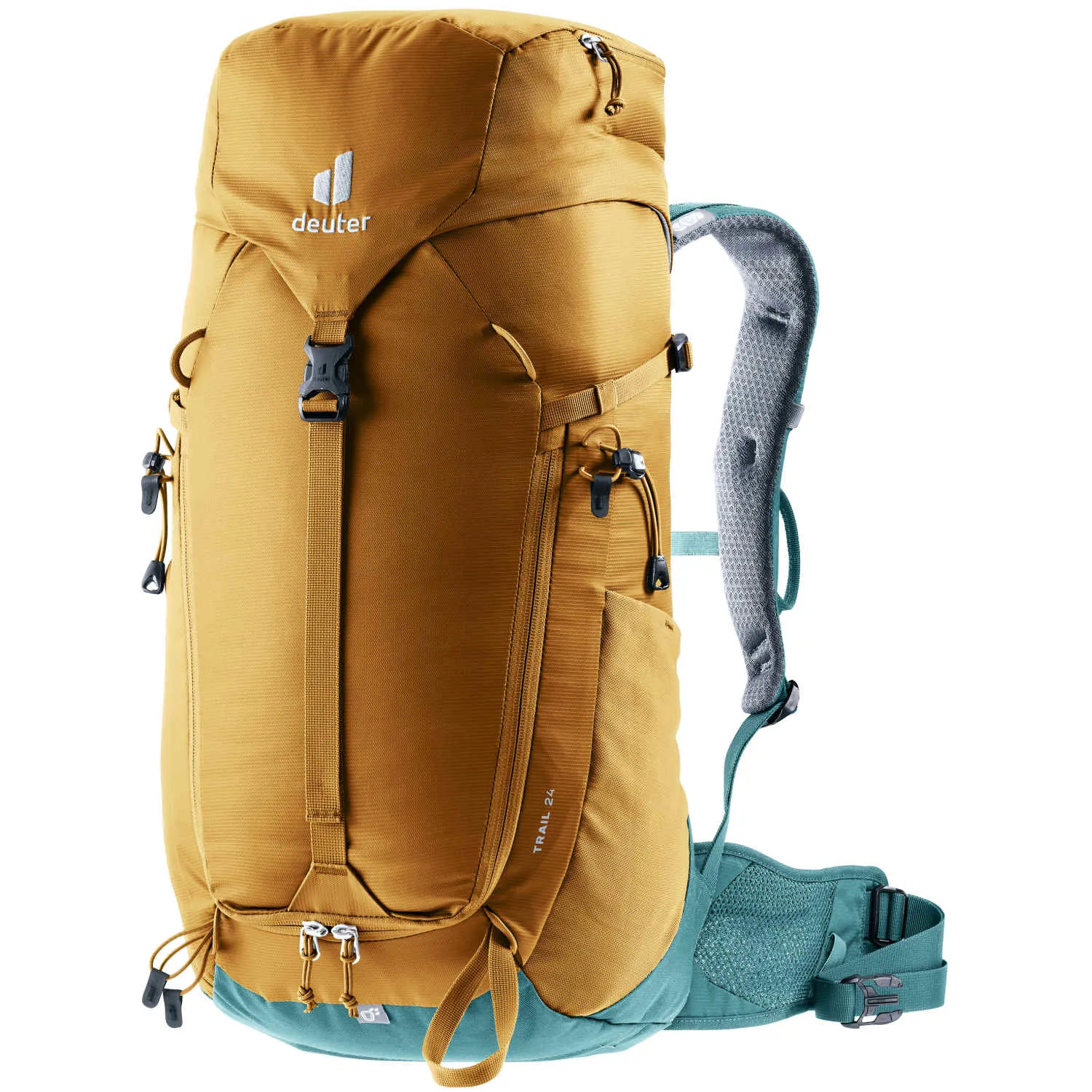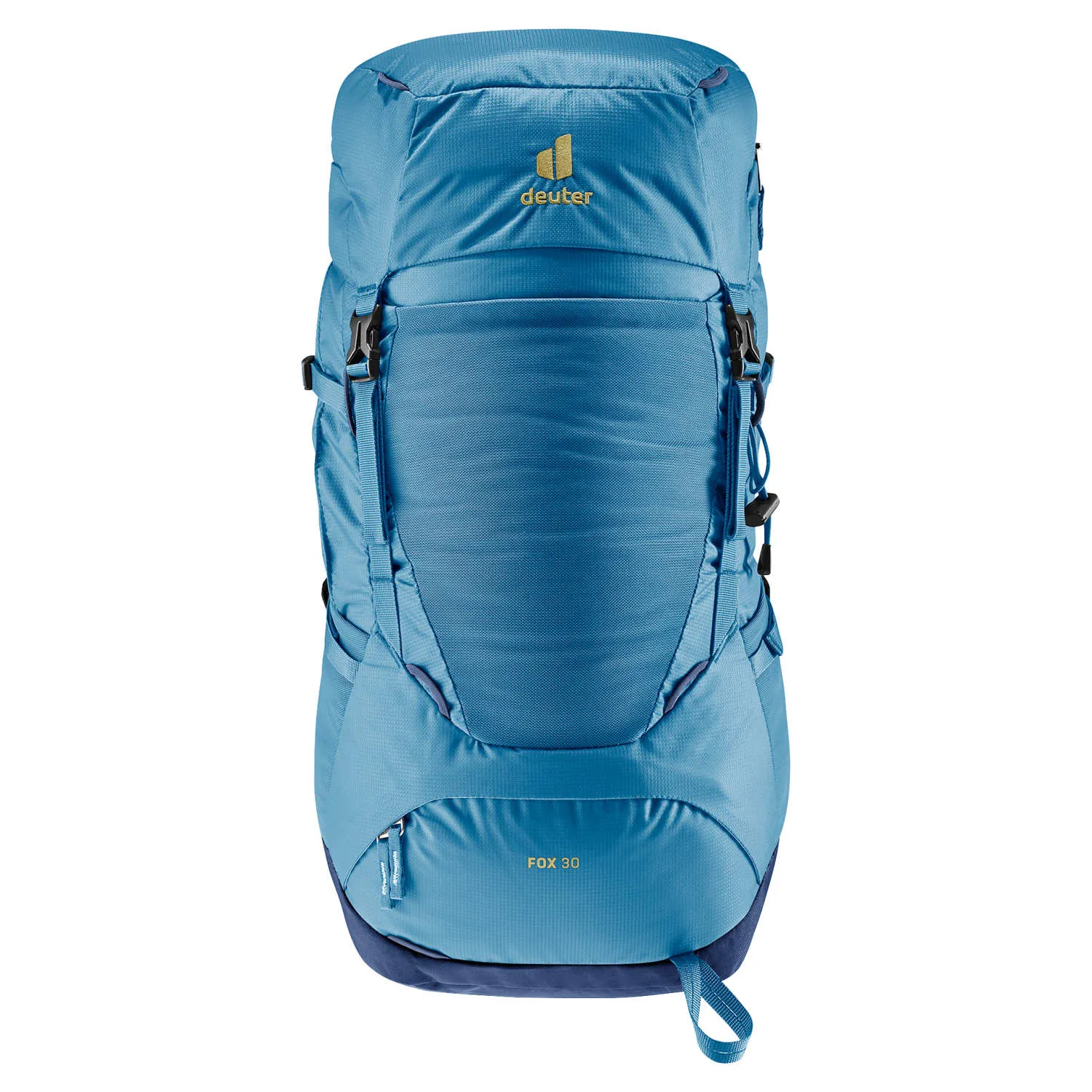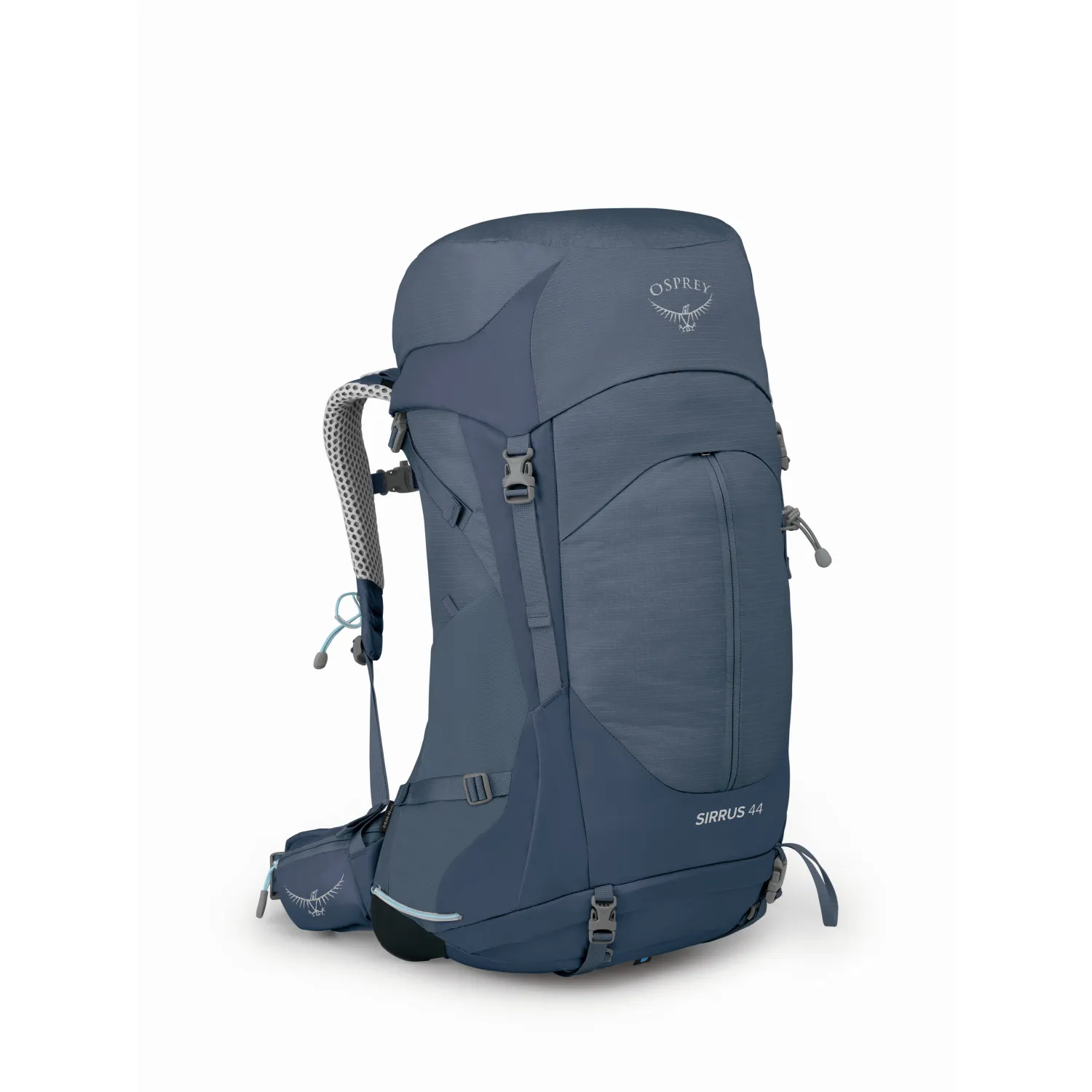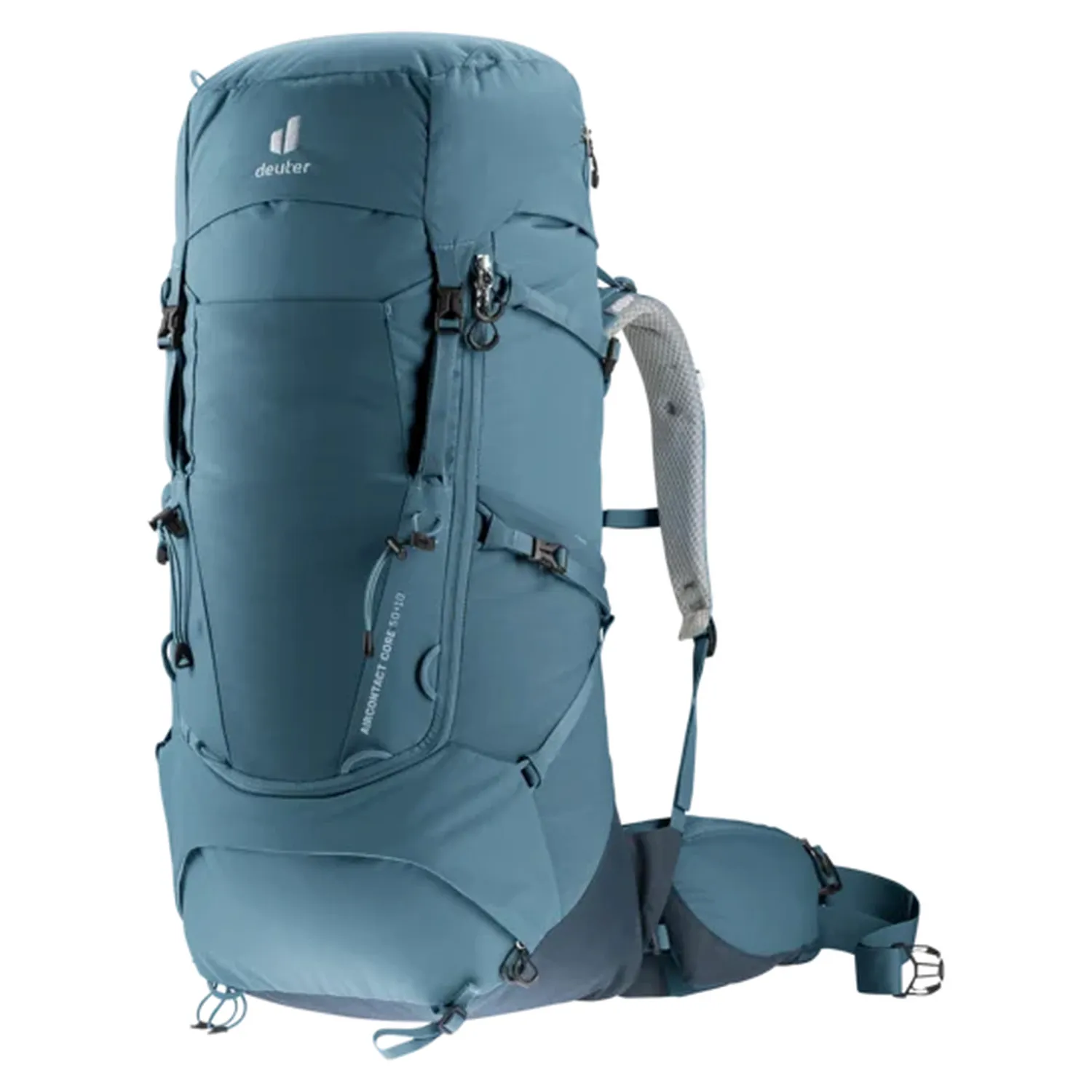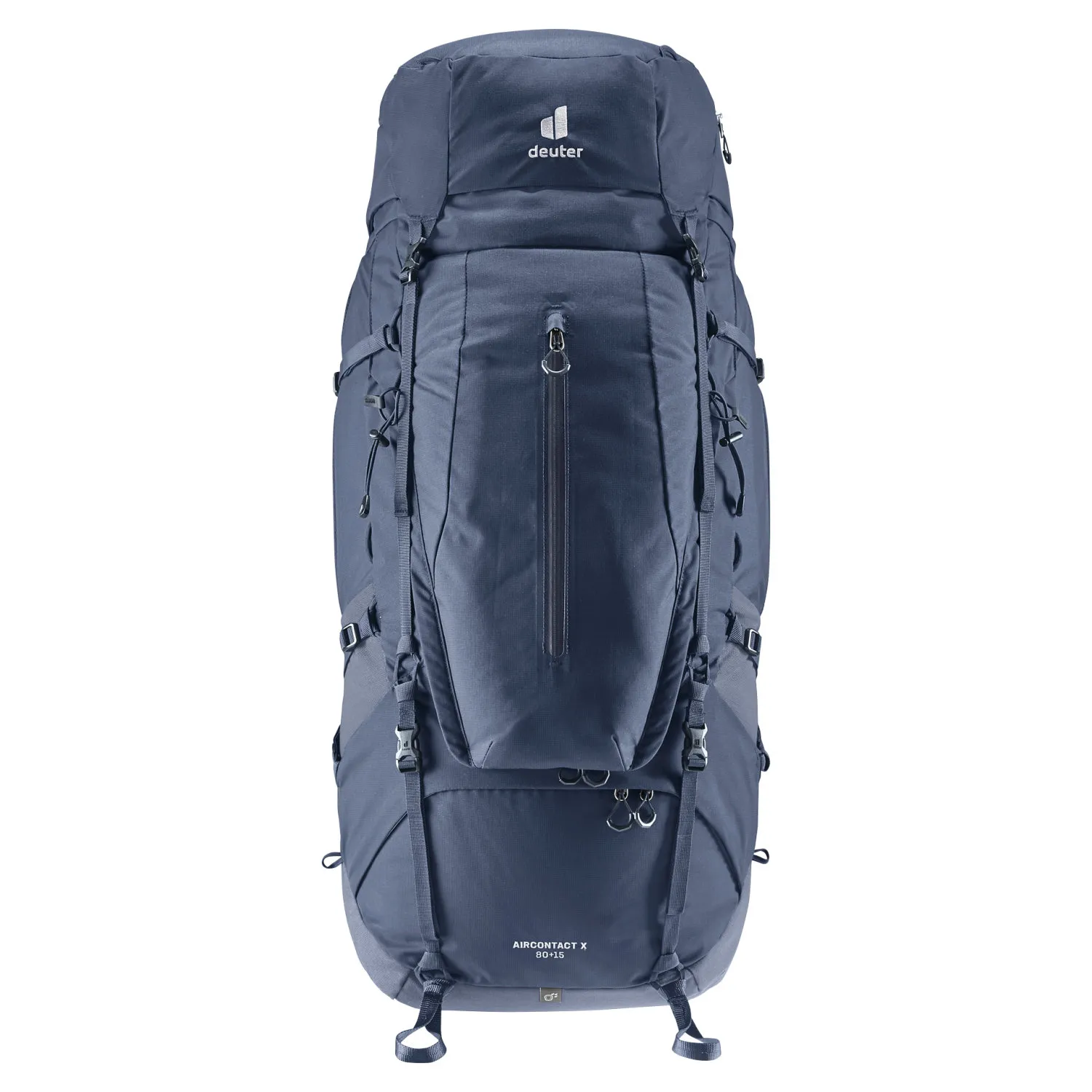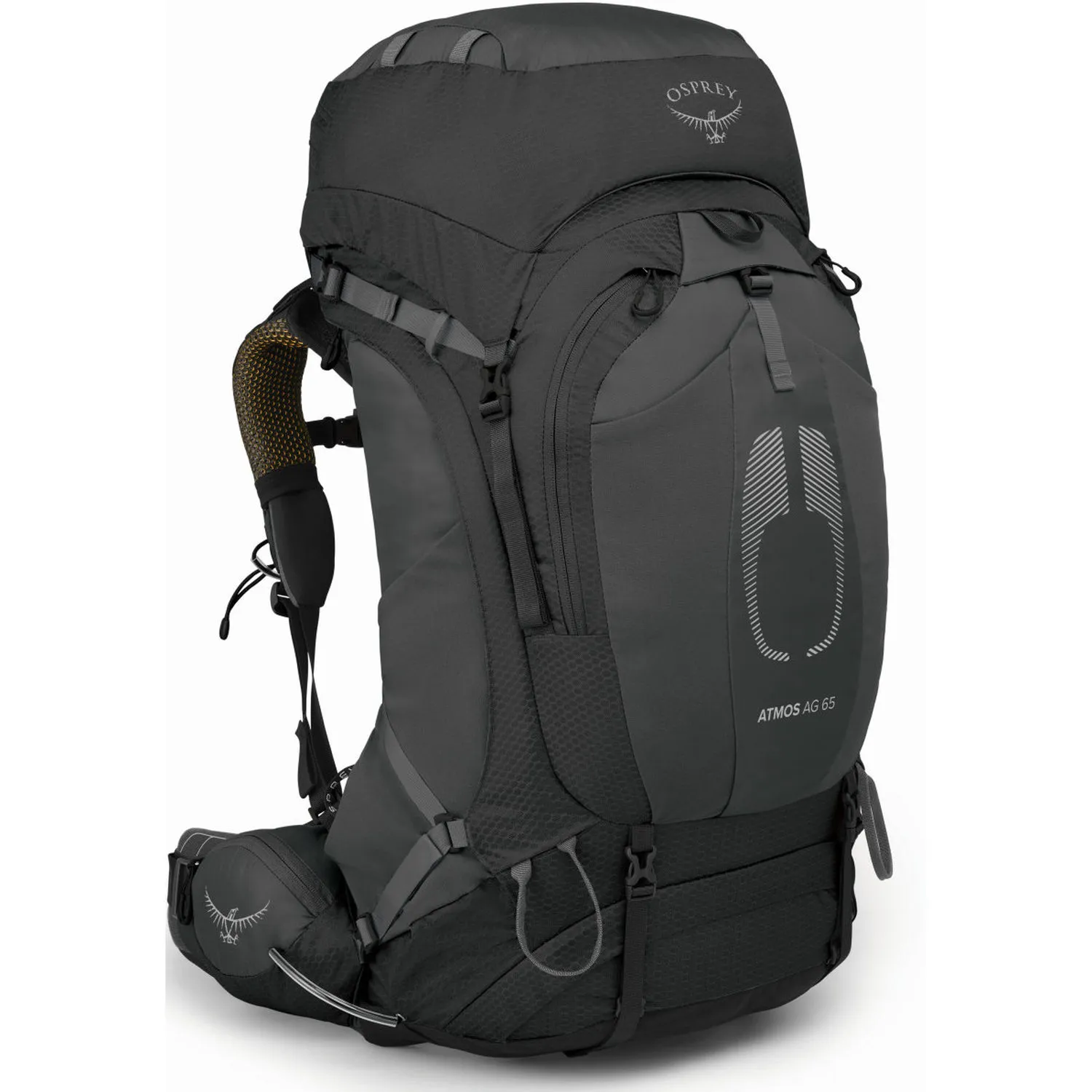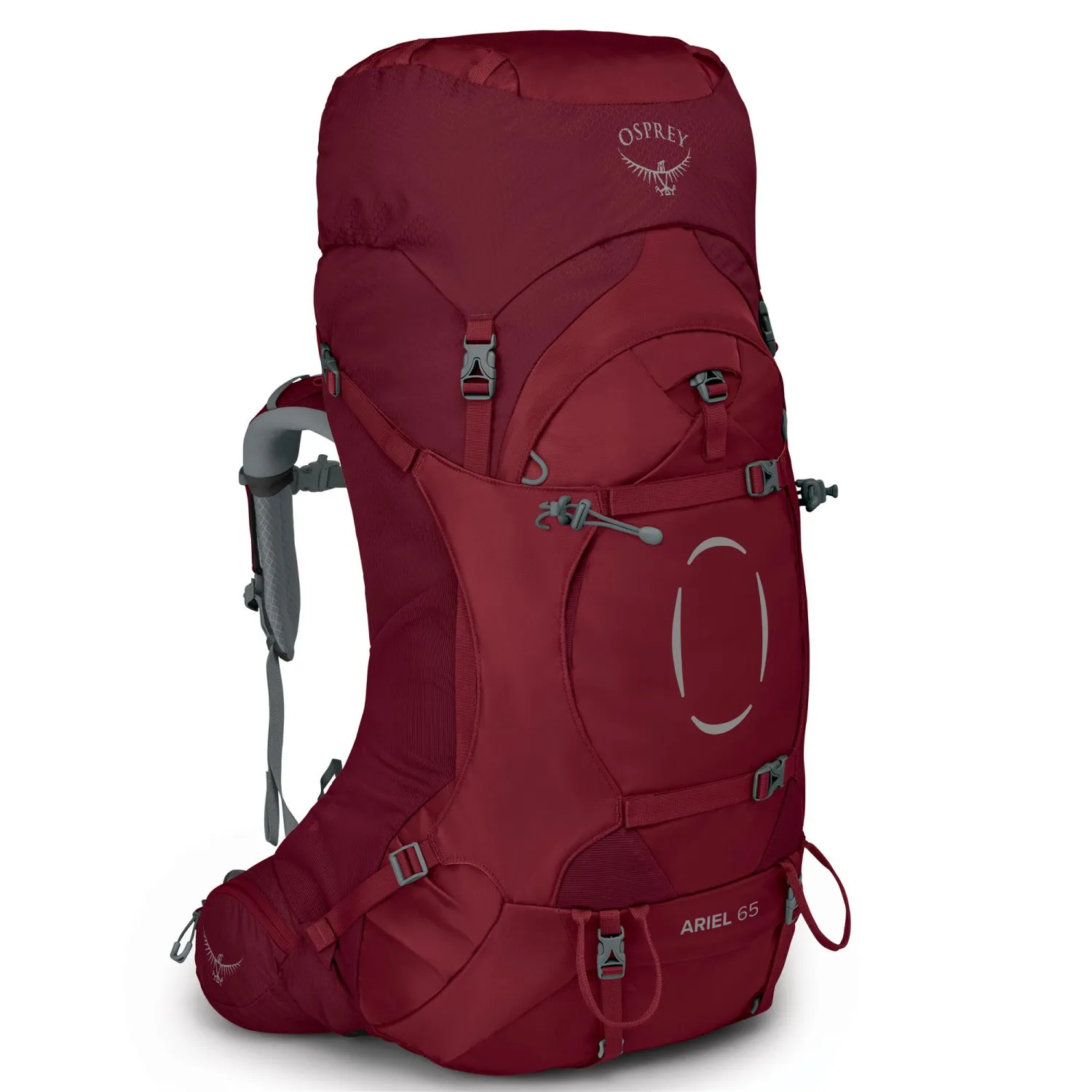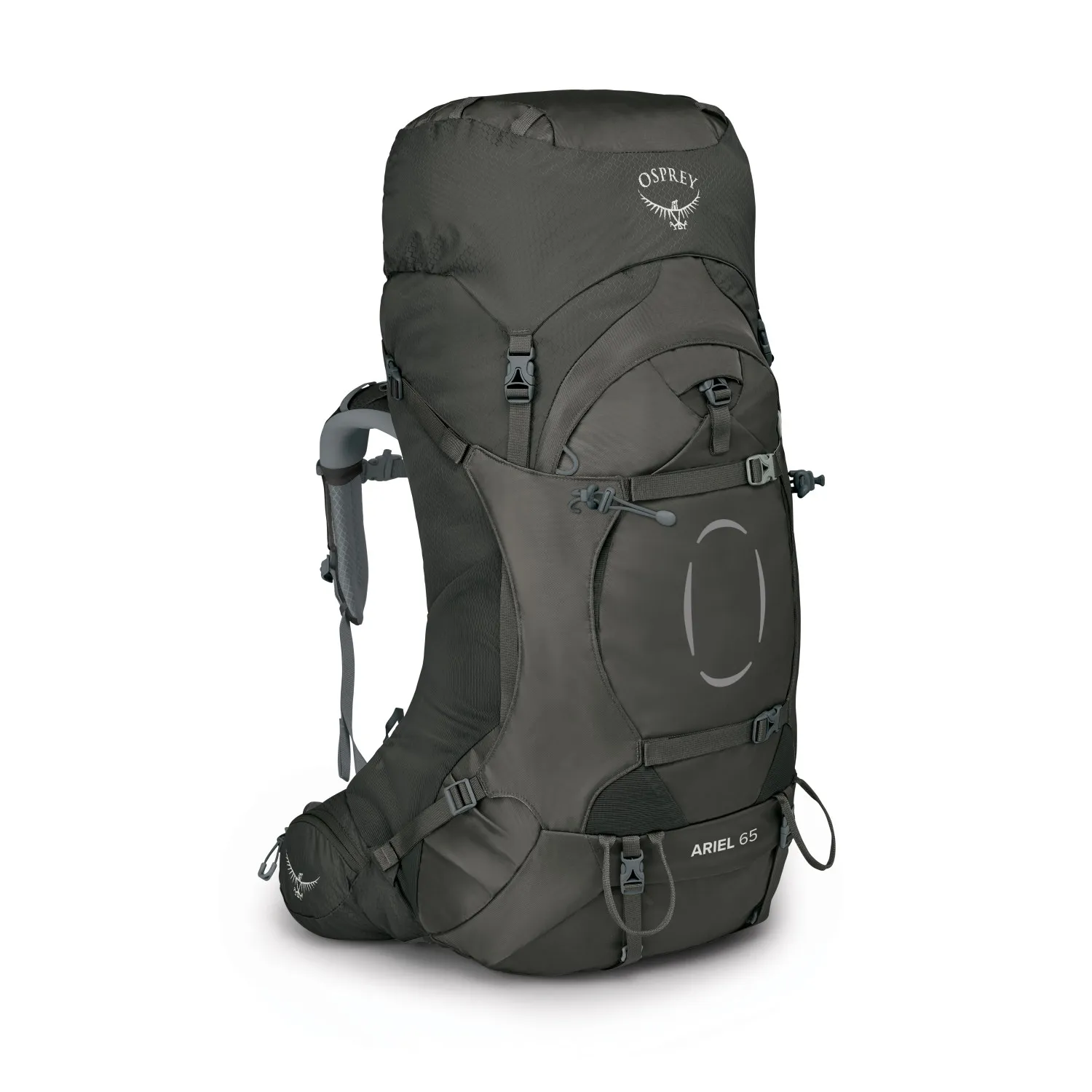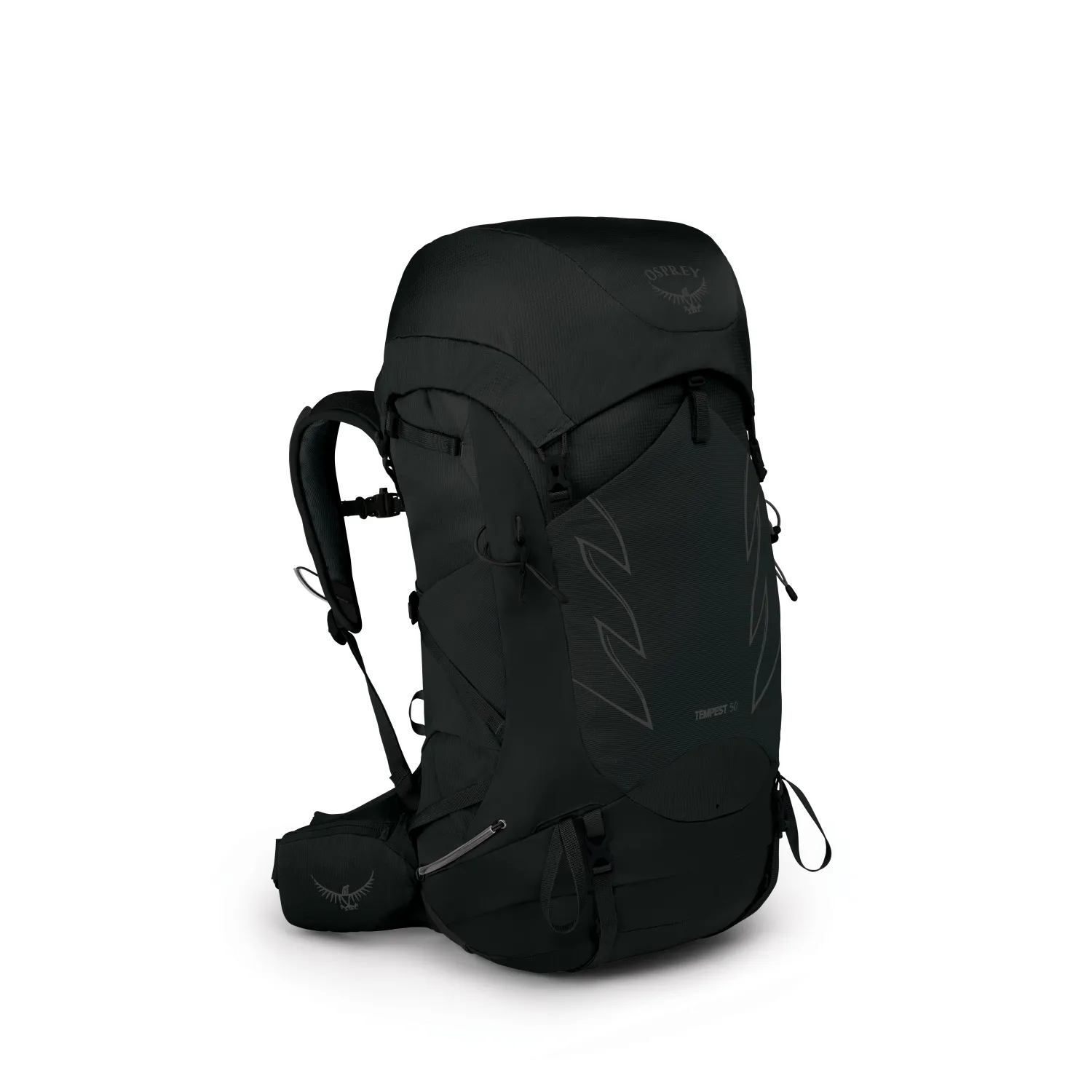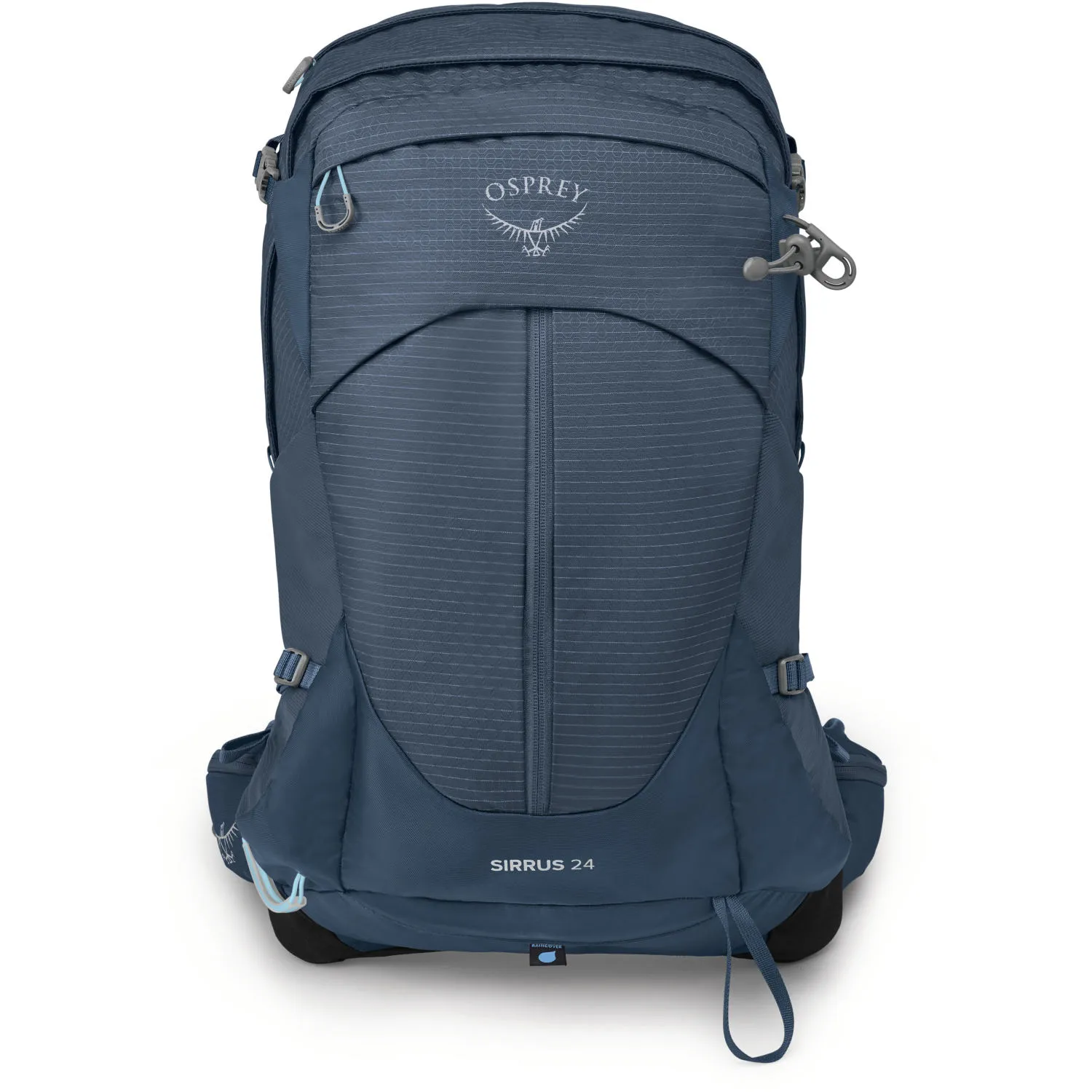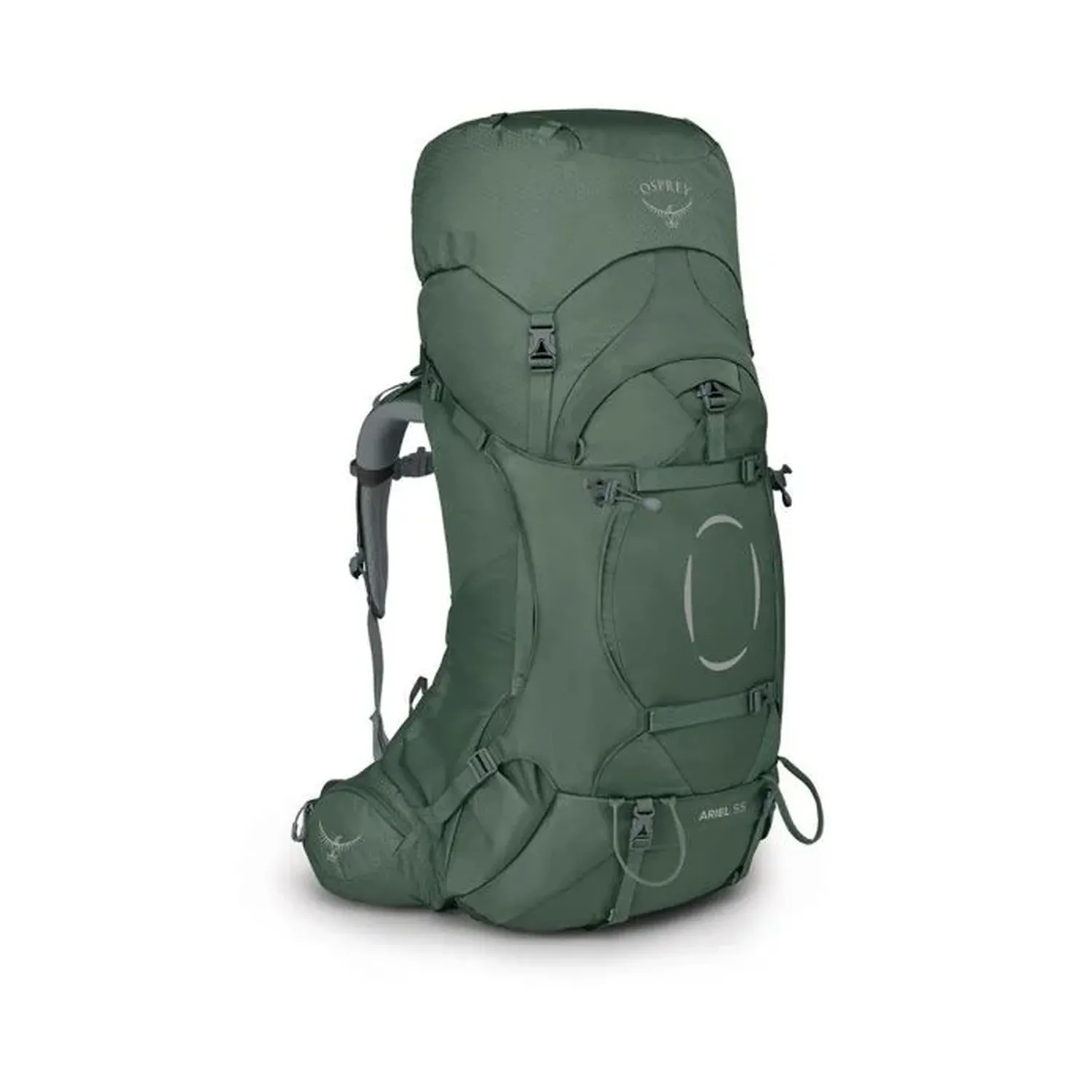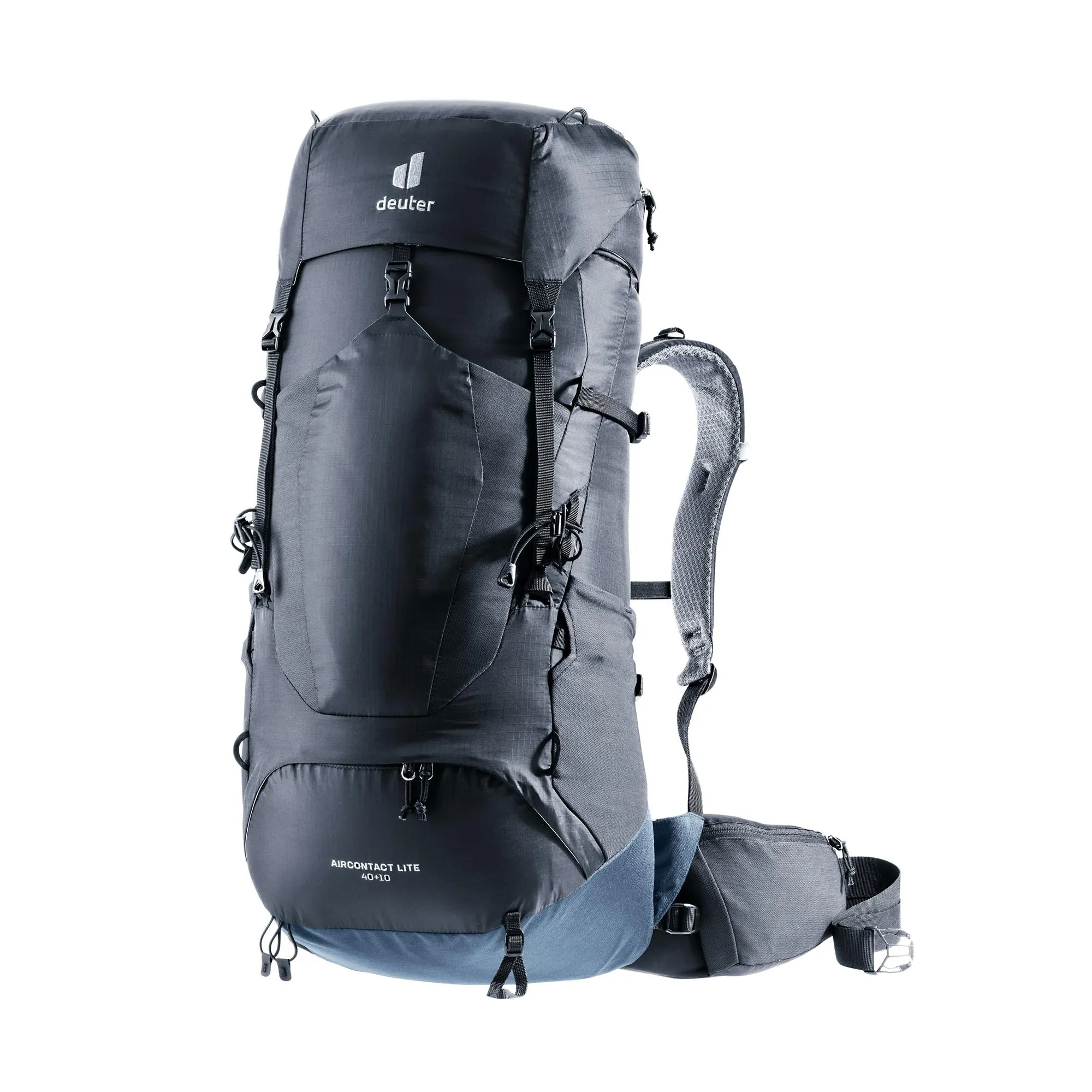Trekking backpacks
Trekking rucksacks: rucksacks for long trekking or hiking tours
Are you planning a hiking tour lasting several days? Then a trekking rucksack is essential. It is not only important that there is room for a tent, sleeping bag etc. in the rucksack, but above all that the load is distributed evenly and is as comfortable as possible to carry. High-quality trekking rucksacks are therefore adapted to the human anatomy.
- The carrying system of trekking backpacks
- Size & capacity of trekking backpacks
- Packing a trekking rucksack correctly
- Packing list: What belongs in a trekking rucksack
The carrying system of trekking backpacks
As you often have to carry quite heavy loads for several days on trekking tours, a high-quality carrying system is particularly important. Good trekking backpacks are designed to shift the main load from the shoulders to the back and especially to the hips. Good padding is also important to avoid pressure points. There are also different models for men and women, which are specially adapted to the anatomical differences between the sexes.
Size & capacity of trekking backpacks
How big your trekking rucksack should be naturally depends on the type of tour you are undertaking and the amount of luggage you are carrying. If you want to take a tent, sleeping mat and sleeping bag with you, then we recommend a trekking backpack with a capacity of more than 50 litres.
However, if you are planning a hut tour, you generally don't need a lot of luggage. You won't need large, space-consuming items such as a sleeping bag, sleeping mat and tent - instead, you will usually only need a thin hut sleeping bag. In this case, a rucksack with a capacity of 25 to 35 litres should be sufficient in any case.
Pack your trekking rucksack correctly
In order to distribute the weight optimally and carry the rucksack as comfortably as possible, if you are taking a sleeping bag with you, it should always be at the bottom. This will further stabilise the rucksack. Heavy items should then be placed in the centre and as close to the back as possible. Under no circumstances should heavy luggage be carried above the shoulders. You can pack lightweight equipment, such as light clothing, in the upper section of your trekking rucksack. Packing bags are ideal for packing as compactly as possible.
With a few exceptions, trekking rucksacks are rarely completely waterproof. We therefore recommend taking a rain cover with you to protect your luggage from getting wet. Some models even have an integrated rain cover.
Packing list: What to pack in your trekking rucksack
Depending on the tour and hiking route, you will of course need different items of equipment. For multi-day hikes, the following basic equipment belongs in the trekking rucksack:
- Clothing: Underwear & socks, light fleece jacket, waterproof rain jacket & rain pants, beanies, gloves & a scarf, touring pants, clothing for sleeping, possibly swimwear and shoes for the hut
- Toiletries such as toothbrush and toothpaste, soap, lip balm, sun cream and toilet paper
- A thin microfibre towel
- Personal documents such as identity card, Alpine Club card, etc.
- In addition, sufficient cash for overnight stays in huts, possibly food, etc.
- A small emergency first-aid kit: personal medication, quick bandage, rescue blanket, painkillers and blister plasters
- Provisions: Mainly water, but also food and snacks
- Hut sleeping bag and possibly earplugs so that you can sleep undisturbed
- It is also advisable to take sunglasses, a compass, lighter, whistle, headlamp, pocket knife, hiking maps, smartphone + charger, camera and binoculars.
- For trekking tours with a tent: tent with poles and pegs, sleeping mat, sleeping bag, cooker with gas cartridge, cooking pot, chopping board, tableware, cutlery and a water filter for sterilisation

























